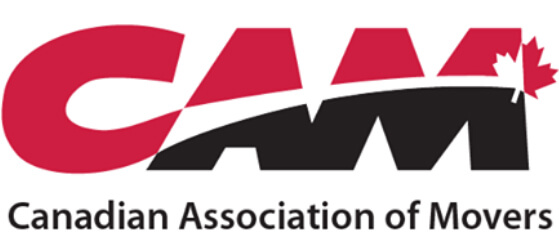The Dos & Don'ts on Moving Day
Consumer Tip Sheet - Avoid Headaches! The Dos and Don'ts on Moving Day
DON’T
- Don't confront the driver about the bill. Get your questions answered in advance with a customer service representative or a manager of the moving company. If you start the move with an adversarial tone, no one will have a good day!
- Don't micro-manage the move. It's a good idea to stay nearby and to monitor what is going on. However, professional movers know what they are doing. They are specially trained to handle your personal goods with care and speed. Yours is not the first move they’ve done.
- Don't ship perishables (anything requiring refrigeration) or hazardous materials (propane, gasoline, aerosol cans, etc.) with the mover on any kind of move.
- Don't be unprepared on furniture placement at destination. The mover will re-arrange furniture, but remember that everyone has a breaking point.
- Don't forget to tell the mover about all of the possessions they will move. Remember to specify the conditions at destination (i.e. elevators, stairs, delivery conditions for moving truck placement) which could result in extra charges.
- Don't expect the mover to perform plumbing or handyman services. You are responsible for unhooking your household appliances including ice makers. Television sets can actually sustain internal damage if they are unplugged fewer than 24 hours before a move.
DO
- If more than three rooms must be moved, ask for a representative from the moving company come to your home, apartment or office. To provide an accurate estimate, the mover must see your possessions and the layout of the location. This will give them insight as to the type of personnel and equipment that will ensure a smooth and successful move. This can be done by video.
- Book your move weeks in advance. This lead time will give the mover the opportunity to schedule the proper equipment and labour to ensure a successful move.
- Use the free services of the Canadian Association of Movers to find certified professional movers.
- Take the time to read and understand the documentation. For local moves (up to 100 miles), the hourly charges often begin when the moving van leaves their warehouse and concludes when the services have been completed at and the moving van has returned back to their origin. Distance moves (over 100 miles) are billed by weight (per 100 lbs) and mileage.
- Keep a copy of all your documentation in the event it is necessary to file a damage claim.
- Buy professional packing supplies from the mover or another supplier. Your possessions can be damaged in transit if they are stored in inappropriate boxes and carriers.
- Use Styrofoam packing chips, bubble wrap, and un-printed paper to protect breakables.
- When doing your own packing, help your mover to be successful by packing heavy items, such as books, in smaller boxes. Light items should be packed in larger boxes. Visit your mover to see specific-use boxes for books, dishes, lamps, paintings, clothing, etc.
- Be courteous and professional to the crew. They are moving your possessions. While it is not necessary to offer them water or sodas during the move, these acts of kindness are important for establishing a positive relationship with your moving team.

